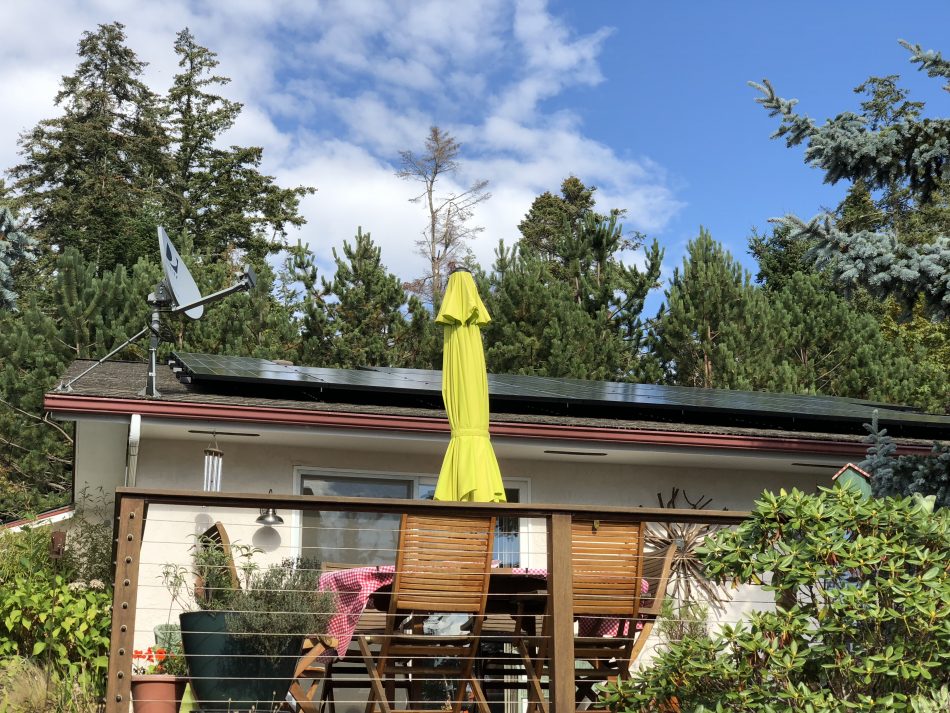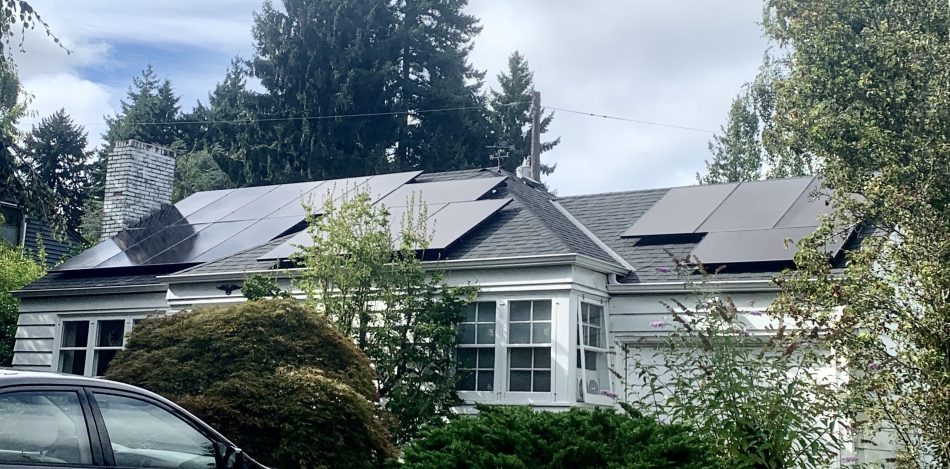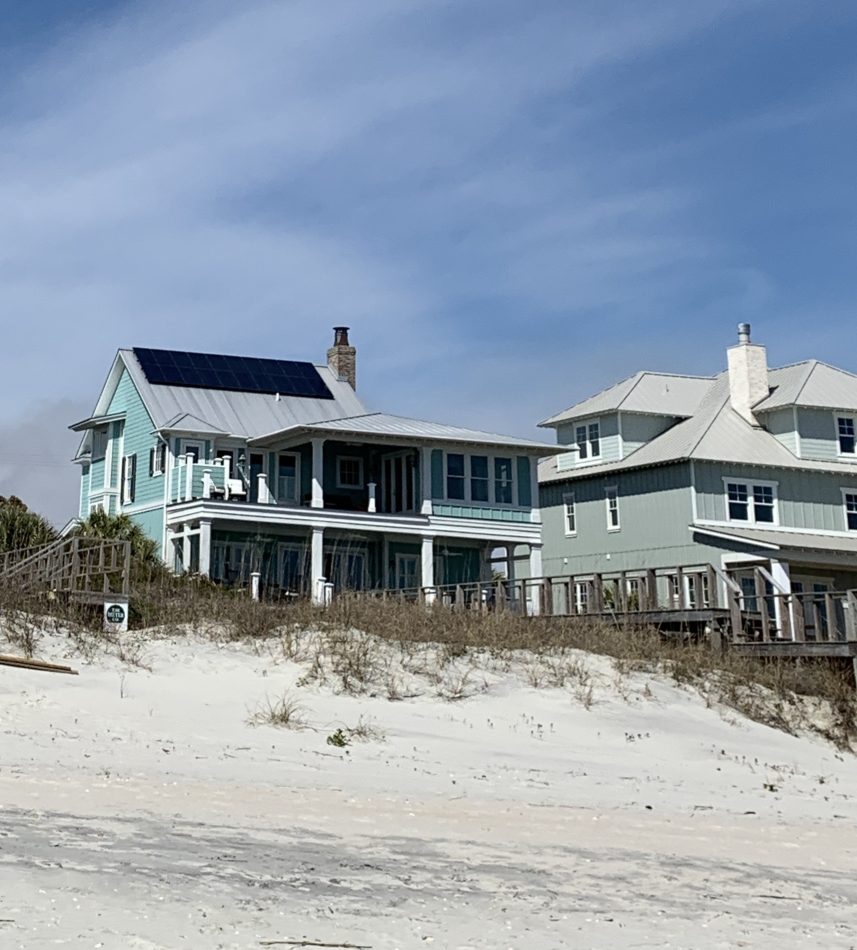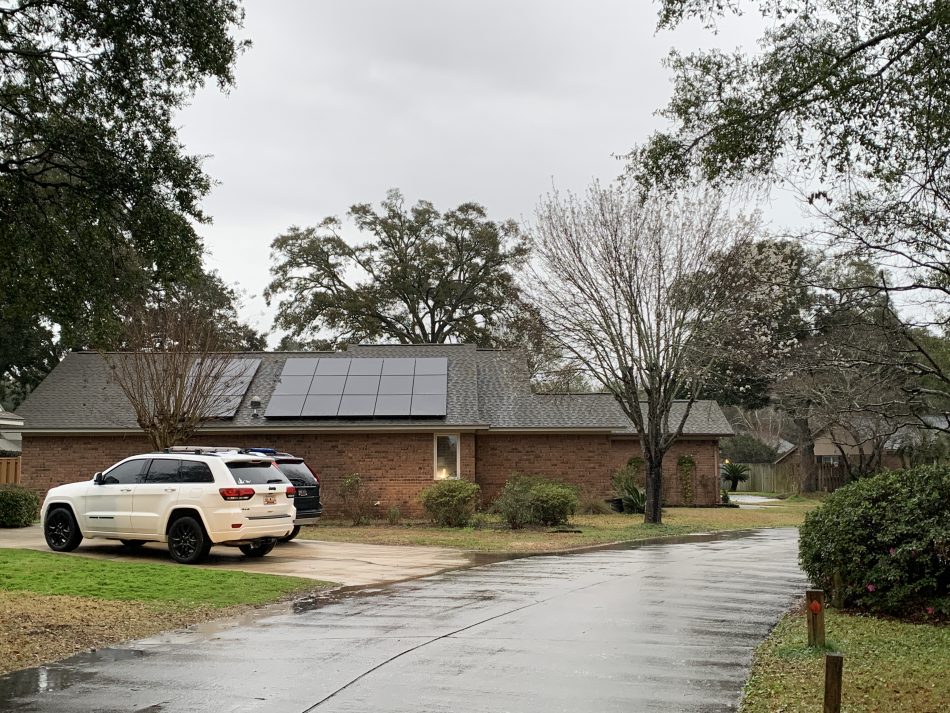Right now might be the best time to go solar!
Since 2005, the US government has offered a 30% Solar Investment Tax Credit (ITC) for PV installations. This is a credit, versus a deduction, and is set to expire at the end of 2019. Find out ASAP if you and your property qualify for 30% Tax Credit this year.
With 7 years of experience in the WA State marketplace, I can answer questions, supply designs and give relevant feedback. I will be recommending the most trusted installer available. My recommendations put you directly in contact with a local company well suited to your solar electrical ambitions.
Due to the popularity of this expiring 30% incentive, some installers have stockpiled or reserved components. I will be able to facilitate quotes, timelines, and install preferences for you. No better time than the present.
**The Solar ITC is a line item credit on IRS Form 5695. Systems must be placed in service by Dec. 31, 2019. Aim to be on installation calendars soon, ideally before the short and unpredictable December days. Current federal law: If the install is completed after 2019, it will qualify for a 26% ITC in 2020, and finally 22% in 2021.**





